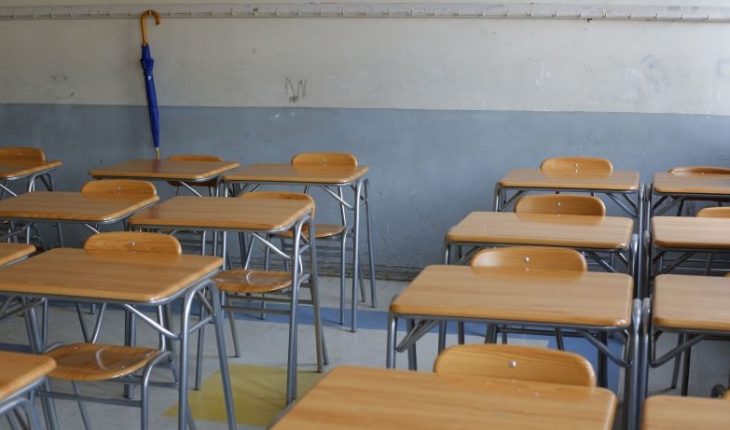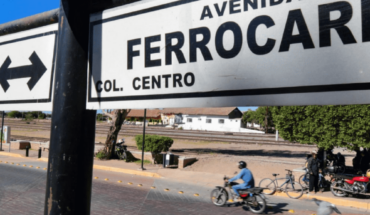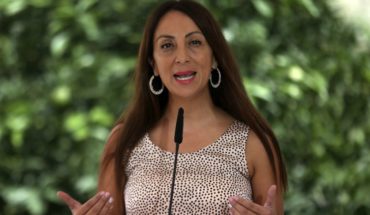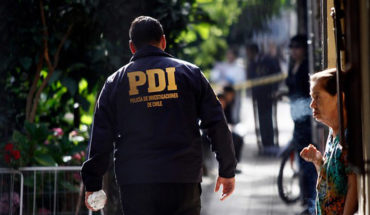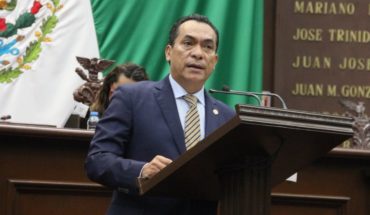The United Nations said Thursday that Latin America and the Caribbean is the region of the world that has the highest number of out-of-school children in person due to the Covid-19 pandemic. Farhan Haq, the un Secretary-General’s vice spokesman, António Guterres, said during the daily press conference that the organization has 114 million children who still have no education in person. Haq said the United Nations Children’s Fund (Unicef) reported that only seven countries in the region have fully opened their schools. In 12 countries and territories schools are completely closed. In the rest of the region they are partially closed, he said. Unicaf issued a statement saying that despite efforts to offer virtual classes, the disruption of face-to-face classes in the region has had a “catastrophic impact” on children’s educational achievements and mental health. The statement said children in Latin America and the Caribbean have lost an average of 158 days of in-person schooling. “This is the worst educational crisis Latin America and the Caribbean has experienced in its modern history,” Jean Gough, Unicef’s regional director for Latin America and the Caribbean, said in the statement. “Many children have already lost a year of face-to-face schooling, now they are starting to lose another year. Every additional day without face-to-face classes puts the most vulnerable children at risk of dropping out of school forever.” In Mexico, the school closure that began in March 2020 still stands. President Andrés Manuel López Obrador announced on Thursday that it is possible that between April and May a progressive process of reopening schools in the south of the country may begin. In Guatemala, there was a hybrid teaching system a few weeks ago but Covid-19 levels of contagion increased and only virtual classes were returned throughout the country. This week a group of parents from exclusive schools made a demonstration in front of the Ministry of Education to ask for “freedom” for their children and to be allowed to return to schools. The ministry didn’t back down. Something similar happened in Chile: classes were restarted on March 1, online and face-to-face. About 30% of the 9,500 schools did so in person, mainly in schools in affluent neighborhoods. However, recently almost twenty of the 52 communes of the great Santiago went to quarantine, and this week they will all join the confinement due to the high rate of contagion in Argentina, in most schools of the country there are face-to-face classes with bubble system since mid-February. While the authorities warn of Covid’s second wave with winter in the southern hemisphere, there is currently no political will to suspend classes again given the strong negative impact of school closures. In the case of El Salvador, the government announced the return of students to classrooms from April 6, after more than a year they closed the doors of schools and universities. Education Minister Carla Henanía said the return to school will be “safe, gradual, semi-presidential and optional,” so parents can decide whether to take their children or not. If you choose to continue with virtual classes, students will continue to have access to the multiple platforms enabled for educational continuity. In Ecuador, face-to-face return to classes is gradually taking place as school safety plans are approved. There are 626 schools nationwide that are authorized to receive students, who can attend voluntarily, the rest is maintained under the online education modality. In the case of Cuba, where all education is state, all schools remain closed. The authorities made special television programming by offering classes to children and young people of the subjects corresponding to their cycle, such as mathematics, Spanish, history or chemistry. The Ministry of Education assured that the school year will not be lost, but parents say that they are not getting children and young people to apply to their teleclasses or that they do not eventually understand the explanations of the new content. With the arrival on 1 March of 500,000 doses of the Sinopharm vaccine, donated by Beijing, Venezuela’s President Nicolas Maduro announced the incorporation of teachers into the initial vaccination process, reserved for priority sectors such as health and safety. The plan to resume “face-to-face classes in April, however, was aborted last Sundaypicked up on contagions. HAq, the UN spokesman, said Thursday that during lockdowns, Unicef supported some 45 million students in 24 countries in the region through remote programmes.
translated from Spanish: UN: Latin America is the region of the world with the most children without face-to-face classes
March 26, 2021 |
